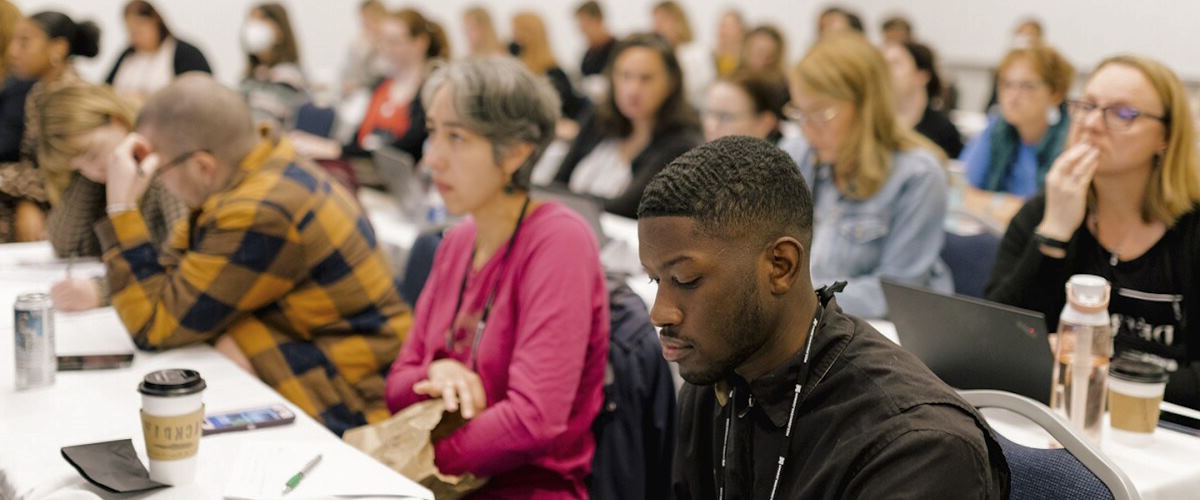Faculty collaboration is an association between faculty members. It can take several forms like teacher collaboration, librarian-faculty collaboration, faculty research collaboration, and faculty collaboration projects.
Faculty face several challenges when collaborating. Some of these challenges are deciding when something is good enough for submission, maintaining commitment to the project, finding the time to work on projects, and deciding which project to work on next.

Improve faculty collaboration
Different approaches for enhancing faculty collaboration for effective tuning initiatives today may confuse you. You have to set goals and a shared vision. You must create a sense of community on time. This is worthwhile to establish norms and expectations. You can spend enough time to successfully resolve conflicts through discussion. You must share ideas and best practices. You have to create a welcome committee, support each other, share something to teach, and plan activities together.
The tuning protocol is a good framework for customized professional development. You can use this approach of welcoming and structured group discussion to invite feedback from the classroom, department, and school-wide. You can gather this focused feedback and get enough assistance in planning.

Faculty engagement in the tuning process
The main things involved in the process of tuning the protocol framework are project overview, clarifying questions, probing questions, discussion, reflection, and debriefing. Focusing on the best practices for faculty engagement in tuning processes is the first step to making an informed decision. You can consult with specialists in this sector and enhance your efforts associated with faculty engagement.
The best communication on time is integral to a very successful interdisciplinary collaboration. Realistic methods of fostering interdisciplinary cooperation in tuning efforts attract many people who decide to get positive results on time. Remember that this teamwork happens when colleagues from several disciplines work together and learn about the field of expertise of each other.




